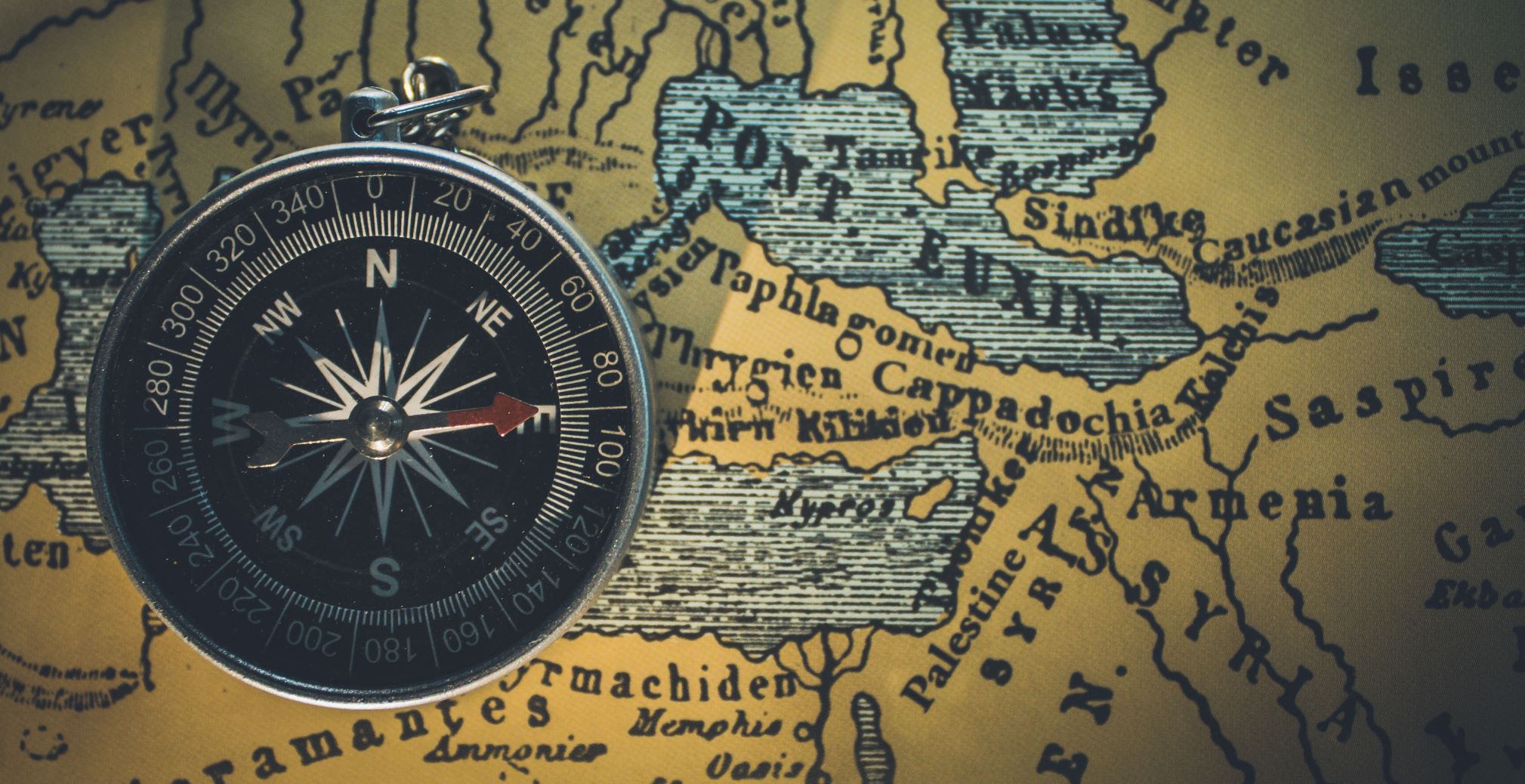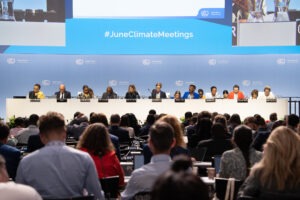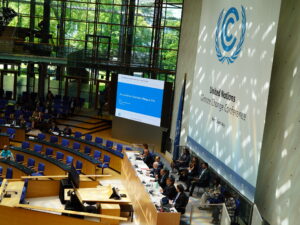The full study is available here.
The Russian invasion of Ukraine has made it imperative for the European Union to break free from its energy dependence on Moscow. European gas purchases bring an average of €400 million per day into the Kremlin’s coffers, including around €92 million per day from Italy. The REPowerEU outlines a strategy to end dependence on Moscow well before 2030 based on two pillars: diversification of supplies, with a view to increasing diversification from Russia, and acceleration of renewable energy and energy efficiency in order to reduce Europe’s overall dependence on fossil fuels.
ECCO estimates that the combination of Fit for 55 and REPowerEU would lead European gas demand to decrease by 40% by 2030 compared to 2021. The Commission’s plan ties therefore together the energy with the climate security challenge. In fact equally urgent is the response to the climate crisis, as the latest IPCC report on mitigation shows.
In the search for alternative suppliers to Russia, the EU and Italy have identified the Mediterranean – and especially Algeria and Egypt – as a key gas supplier. At present, however, for these countries to increase their gas exports to the EU and thus help close the Russian gas gap, large investments would be needed to significantly increase production. Such investments would either tie the EU and its Member States to the region and to natural gas well beyond the time limits set for decarbonisation, or condemn the producing countries to investments that risk turning into stranded assets from rapidly decreasing gas demand in Europe.
Cooperation with Algeria and Egypt should instead include the creation of a new partnership for a gas-to-clean transition: this means increasing the share of renewables in the electricity mix of these two countries so as to free up more gas for export. Considering that the electricity generation of these countries depends almost exclusively on gas (99% for Algeria and 77% for Egypt where power from oil and hydroelectric still play a role), increasing the share of renewables in the electricity mix to 20% in one year would free up 11.5 bcm of gas for export (7.9 bcm in Egypt and 3.7 bcm in Algeria). An additional 13.5 bcm of gas could be included by capturing “gas flaring” and “gas venting” (ie gas released into the atmosphere) in Algeria – the fifth country in the world for flaring – helping to reduce CO2 emissions. Adding 13.5 bcm of captured wasted gas to the 11.5 bcm of gas freed up by renewables – as well as taking into account the remaining export capacities of the two countries – this would result in 24.5 bcm of extra gas available for export to Europe.
Initiating the clean transition in the energy sector in North African countries can entail complex challenges regarding political reforms, significant financial resources and technological expertise. Replicating the South Africa support model for its just energy transition, the EU and tis Member States in the Mediterranean could offer similar support to establish country-led platforms in Algeria and Egypt in order drive bilateral and multilateral public, private and philanthropic investments for a clean and just gas-to-clean transition in line with the national plans and ambitions of the beneficiary countries. Algeria and Egypt could become the first two Mediterranean countries with which to undertake this type of partnership. In particular, building on the strength of its geographical, political and diplomatic profile, Italy could play a leading role in coordinating European support for the energy transition in Algeria, together with the European Commission. While the Commission could take a leading role in Egypt.
Delivering such a partnership would benefit both sides:
- Europe would receive more gas supplies, for a total of 24.5 bcm, thus covering a significant part of the additional supplies identified by REPowerEU. For Algeria and Egypt, exporting greater volumes of gas at current prices –expected to remain high over the next two years – would allow for higher revenues than those obtained from domestic markets.
- New investments for the expansion of gas production and its transport would commit Europe to fossil fuels for a long time. In doing so, the EU would make itself ever more dependent on a region with high geopolitical risks and risks of supply disruption. On the contrary, investments in clean energy would be long term, high value investments contributing to reshaping the region’s socio-economic systems in a more resilient and inclusive way, while sheltering governance systems from the destabilising consequences of decreasing oil and gas revenues. According to RCREEE estimates based on IRENA data, achieving national renewable energy targets in Algeria and Egypt would create 60,060 and 147,378 new jobs respectively.
- The development of renewables are critical to achieve the climate security targets identified by the latest IPCC reports on mitigation. The Mediterranean is particularly exposed to the impacts of climate change such as sea level rise, which endangers coastal ecosystems, human settlements, infrastructure and tourism, water scarcity and soil drying, with consequences on agriculture, water supply for housing and industry. These impacts can lead to economic, social and political instability, with consequences also for Europe.
The full study is available here.
Photo by Himesh Kumar Behera on Unsplash






